The world of digital downloads, especially when it comes to movies, music, and software, has been a battleground for decades. What started with the revolutionary (and controversial) rise of Napster in 1999 has evolved into a complex landscape of copyright laws, technological advancements, and shifting consumer behavior. Let's break down the key aspects of this issue in simple terms.
The Napster Era: A Digital Revolution and Its Backlash
Imagine a world where you could access millions of songs for free, right from your computer. That's what Napster offered. It was a peer-to-peer (P2P) file-sharing service that allowed users to share music files directly with each other. In just a few years, it amassed a staggering 80 million users. However, this explosion of free music sharing didn't sit well with the music industry, which saw its profits plummeting. Lawsuits quickly followed, and Napster was eventually shut down in 2001. This marked the beginning of a long and ongoing struggle to balance copyright protection with the accessibility of digital content.
Napster's legacy is significant. It demonstrated the power of the internet to distribute information and entertainment on a massive scale. It also highlighted the need for clear and enforceable copyright laws in the digital age. The music industry, and eventually other content creators, realized that they needed to adapt to this new reality.
The Rise of Torrenting and Modern Challenges
After Napster's demise, other P2P platforms emerged, including torrent services like The Pirate Bay and RARBG. These platforms operate on a different principle, using "torrents" to distribute files in smaller pieces, making it more efficient and difficult to shut down. The battle between copyright holders and torrent users continues to this day.
Alongside torrenting, the rise of streaming services like Netflix and Spotify has provided legitimate and affordable alternatives for consuming digital content. These platforms have significantly impacted how people access movies, TV shows, and music. However, despite these options, torrenting remains prevalent, particularly in regions where access to streaming services is limited or expensive.
The Legal Landscape: Understanding Copyright and the DMCA
The core of the issue lies in copyright law. Copyright protects the rights of creators to control how their work is used. When you download copyrighted material without permission, you're infringing on those rights. In the United States, the Digital Millennium Copyright Act (DMCA) is a key piece of legislation that addresses copyright in the digital age.
What is the DMCA?
The DMCA, enacted in 1998, was designed to update copyright laws to reflect the realities of the internet. It has three main components relevant to downloads:
- Prohibition of Circumvention: It's illegal to create or distribute technology that bypasses copyright protection measures. This includes software designed to crack DRM (Digital Rights Management) systems.
- Penalties for Infringement: The DMCA imposes penalties on those who infringe on copyrights. These penalties can range from fines to criminal charges, depending on the severity of the offense.
- Safe Harbor Provisions: This is where it gets interesting. The DMCA provides "safe harbor" for internet service providers (ISPs) and online platforms like YouTube. If they take down copyrighted content when notified by copyright holders, they are protected from liability.
How the DMCA Affects You
You've probably encountered the DMCA in action when you see a YouTube video taken down or a search result removed from Google. When a copyright holder discovers their content being used without permission, they can send a DMCA takedown notice. The platform, to avoid legal trouble, is obligated to remove the content.
This "notice and takedown" system is crucial for protecting copyright holders. However, it also raises concerns about potential abuse, as takedown notices can sometimes be sent in error or to stifle legitimate criticism.
The Risks of Illegal Downloading
Downloading copyrighted material without permission carries significant risks:
- Legal Penalties: You could face fines or even legal action from copyright holders. The severity of the penalties depends on factors like the amount of content downloaded and whether it was for personal use or commercial distribution.
- Malware and Viruses: Torrent sites and other sources of illegal downloads often contain malware and viruses that can infect your computer and compromise your personal data.
- Security Risks: Downloading illegal content can expose your IP address and other personal information, making you vulnerable to tracking and surveillance.
- Ethical Considerations: Downloading copyrighted material without paying deprives creators of their rightful compensation. This can discourage artists and other creators from producing new content.
Practical Advice for Safe and Legal Downloading
Here are some practical tips to help you stay on the right side of the law:
- Use Legitimate Streaming Services: Subscribe to services like Netflix, Spotify, Amazon Prime Video, and others. They offer vast libraries of content for a reasonable price.
- Purchase Content from Authorized Sources: Buy movies, music, and software from reputable online stores like iTunes, Amazon, and Steam.
- Utilize Free and Legal Resources: Many websites offer free and legal downloads of music, movies, and books. Check out platforms like Project Gutenberg, Internet Archive, and Creative Commons.
- Be Cautious with Torrent Sites: If you choose to use torrents, stick to reputable trackers and be wary of files from unknown sources. Use a VPN to mask your IP address.
- Stay Informed About Copyright Law: Educate yourself about copyright laws in your country. This will help you understand your rights and responsibilities.
- Support Creators Directly: Consider supporting your favorite artists and creators through platforms like Patreon, Bandcamp, and Kickstarter.
- Understand Fair Use: Fair use allows limited use of copyrighted material without permission for purposes like criticism, commentary, news reporting, teaching, scholarship, or research. However, fair use is a complex legal concept, and it's essential to understand its limitations.
The Future of Digital Content Consumption
The landscape of digital content consumption is constantly evolving. Streaming services are becoming increasingly dominant, offering a convenient and affordable way to access vast libraries of content. However, the issue of copyright infringement is likely to remain a challenge.
One potential solution is the development of more robust and user-friendly copyright protection technologies. Blockchain technology, for example, could be used to create transparent and secure systems for tracking and managing digital content rights.
Another important aspect is education. Raising awareness about copyright laws and the importance of supporting creators is crucial. By fostering a culture of respect for intellectual property, we can create a more sustainable and equitable ecosystem for digital content.
Ultimately, the key is to find a balance between protecting the rights of creators and ensuring access to information and entertainment for consumers. By embracing legitimate platforms, supporting creators directly, and staying informed about copyright laws, we can enjoy the benefits of digital technology while respecting the rights of those who create the content we love.
Remember, ignorance of the law is no excuse. By understanding the legal and ethical implications of digital downloads, you can make informed choices and avoid potential pitfalls.
Understanding DMCA Penalties and Copyright Infringement
Copyright law, especially in the digital age, can seem complex. But at its core, it's about protecting creators and their work. When you create something original – a song, a video, a piece of writing, software – you own the copyright. This means you have the exclusive right to distribute, copy, and display your work. Violating these rights can lead to serious consequences.
DMCA Penalties: The Cost of Copyright Infringement
The Digital Millennium Copyright Act (DMCA) is a U.S. law designed to address copyright issues in the digital world. It's crucial to understand that DMCA violations aren't just a slap on the wrist. They can result in significant financial and even criminal penalties.
Civil Penalties:
- Actual Damages: If you're found guilty of infringing on someone's copyright, you might have to pay up to $2,500 for each instance of infringement. Imagine you illegally share a song; each time someone downloads it, that's a separate violation.
- Repeat Offender Penalties: If you're a repeat offender, those damages can be tripled. So, if you're caught infringing again, you could face up to $7,500 per violation.
- Injunctions: Courts often issue injunctions, which are legal orders that stop you from continuing the infringing activity. This means you'll have to take down the copyrighted material and cease any further distribution.
Criminal Penalties:
- First Offense: A first-time offense can result in a fine of up to $500,000 and up to five years in prison.
- Repeat Offense: If you're a repeat offender, you could face fines of up to $1 million and up to ten years in prison.
Practical Advice:
- Assume Everything is Copyrighted: Unless you have explicit permission or the work is in the public domain, assume it's copyrighted.
- Seek Permission: If you want to use someone else's work, ask for permission. Document the permission in writing.
- Use Licensed Content: There are many platforms that offer licensed music, images, and videos. Use these services to avoid copyright issues.
- Understand Fair Use: Fair use allows limited use of copyrighted material for purposes like criticism, commentary, news reporting, teaching, scholarship, or research. However, fair use is complex and determined on a case-by-case basis. If you're unsure, err on the side of caution.
- Respond to DMCA Notices: If you receive a DMCA takedown notice, don't ignore it. Take it seriously and address the issue promptly.
The NET Act: Combating Online Copyright Theft
The No Electronic Theft (NET) Act of 1997 was a significant step in addressing online copyright infringement. It focuses on the unauthorized copying and distribution of copyrighted material, whether or not the infringer intends to profit from it.
Key Aspects of the NET Act:
- Focus on Distribution: The act targets the distribution of copyrighted works, not just the act of copying. This means sharing files online can be considered infringement, even if you didn't create the original content.
- Applies to Non-Profit Infringement: Unlike some previous laws, the NET Act covers both commercial and non-commercial infringement. Sharing copyrighted material for free is still a violation.
- Covers Various Media: The act applies to a wide range of copyrighted works, including music, movies, software, video games, and literary works.
The NET Act: Lesser and Greater Categories
The NET Act categorizes copyright infringement based on the value and quantity of the infringed material:
Lesser Category:
- Value Threshold: This category applies when the infringed material has a retail value of at least $1,000.
- No Profit Requirement: Crucially, this category doesn't require the infringer to have made a profit. Sharing copyrighted material for free can still result in prosecution.
- Cumulative Value: The value of the infringed material is cumulative. If you share a song that's downloaded 100 times, the total value of those downloads is added up.
- Example: Imagine you upload a software program worth $20. If 50 people download it, the total value is $1,000, triggering the lesser category.
Greater Category:
- Higher Value Threshold: This category involves infringed material with a retail value of at least $2,500.
- Quantity Requirement: It also requires at least 10 copies of the infringed material to be distributed within a 180-day period.
- Example: If you distribute 15 copies of a movie worth $20 each within 180 days, the total value is $300, but because you distributed more than 10 copies, the greater category applies. If the movie was worth $200, then the $3000 total would also qualify.
Expanding on the Implications
The impact of DMCA and NET Act violations extends beyond legal penalties. Copyright infringement undermines the creative industries. When creators aren't compensated for their work, they have less incentive to produce new content. This can stifle innovation and cultural development.
The Digital Landscape and Copyright:
- Ease of Sharing: The internet has made it incredibly easy to share content, but this has also increased the risk of copyright infringement. Social media, file-sharing platforms, and streaming services have all contributed to the widespread distribution of copyrighted material.
- Global Reach: Copyright infringement can occur across borders, making it difficult to enforce copyright laws.
- Technological Challenges: New technologies, such as AI-generated content, raise complex copyright questions.
Practical Advice for Content Creators:
- Copyright Your Work: Register your work with the U.S. Copyright Office to strengthen your legal protection.
- Use Copyright Notices: Include copyright notices on your work to clearly indicate your ownership.
- Monitor Your Work: Use online tools to monitor for unauthorized use of your content.
- Take Action Against Infringement: If you discover copyright infringement, take appropriate legal action, such as sending a DMCA takedown notice.
- Educate Yourself: Stay informed about copyright laws and best practices.
Practical Advice for Content Consumers:
- Support Creators: Purchase or stream content from legitimate sources.
- Be Mindful of Sharing: Avoid sharing copyrighted material without permission.
- Understand Digital Rights Management (DRM): DRM technologies are used to protect copyrighted content. Be aware of the limitations and restrictions associated with DRM-protected content.
- Respect Creative Work: Recognize the effort and investment that goes into creating content.
Copyright law is constantly evolving to keep pace with technological advancements. Staying informed and respecting the rights of creators is essential for maintaining a healthy and vibrant creative ecosystem.
In conclusion, DMCA penalties and the NET Act are serious measures designed to protect copyright. Understanding these laws and their implications is crucial for both content creators and consumers. By respecting copyright, we can ensure that creators are compensated for their work and that the creative industries continue to thrive.
Understanding the Legal Risks of Downloading and Online Activities
Navigating the digital world comes with responsibilities, and understanding the legal implications of our online actions is crucial. Laws like the Computer Fraud and Abuse Act (CFAA) and copyright regulations can have significant consequences for seemingly simple activities like downloading files or sharing content.
The CFAA: More Than Just Hacking
The Computer Fraud and Abuse Act (CFAA) is a federal law in the United States designed to protect computer systems. Originally, it targeted serious hacking offenses, but its scope has broadened significantly over time. It's now used to address a wide range of unauthorized computer activities, including certain types of downloading.
What Does "Unauthorized Access" Mean?
The CFAA's core concept is "unauthorized access." This isn't limited to breaking into secure systems. It can also include:
- Violating Terms of Service: If a website or online service has rules about how you can use it, and you break those rules, you might be violating the CFAA. For example, creating a fake profile on a social media site that requires real names could be seen as unauthorized access.
- Accessing Information You Shouldn't: Even if you don't "hack" into a system, accessing files or data that you don't have permission to view can be a violation.
- Exceeding Authorized Access: If you are authorized to access certain parts of a system, but you go beyond those limits, you could be in violation. For example, an employee who uses their work computer to access confidential files they aren't supposed to see.
The Reach of the CFAA: Indirect Involvement
The CFAA can also hold you responsible for actions you are indirectly involved in. If your friend downloads copyrighted music or movies illegally and then shares them with you, you could potentially face legal consequences. Even if you weren't the one who did the initial downloading, receiving and possessing the illegal content can be a violation.
Practical Advice Regarding the CFAA
- Read Terms of Service: Always read and understand the terms of service for any website or online service you use.
- Be Mindful of Sharing: Be cautious about sharing files or content that you know or suspect might be illegal.
- Understand Your Access Rights: If you have access to a computer system, make sure you understand the limits of your access rights.
- Avoid Sharing Accounts: Do not share your login credentials with others. This can lead to issues if they engage in illegal activities using your account.
- Question the Source: Before downloading anything, consider the source. Is it a legitimate website or a peer-to-peer sharing platform known for illegal downloads?
Copyright Infringement and Penalties
Copyright law protects original works of authorship, including music, movies, books, and software. Downloading or sharing copyrighted material without permission is copyright infringement, which can lead to both civil and criminal penalties.
Criminal Penalties: The NET Act
The No Electronic Theft (NET) Act specifically addresses copyright infringement through electronic means. It categorizes offenses based on the value of the infringed works:
- Lesser Offenses: These involve copyrighted works with a lower total value. Penalties can include fines of up to $100,000 and up to one year in jail.
- Greater Offenses: These involve copyrighted works with a higher total value. Penalties can include fines of up to $250,000 and up to five years in prison.
Civil Penalties: Lawsuits from Copyright Holders
In addition to criminal penalties, copyright holders can also sue for civil damages. This means they can seek financial compensation for the losses they incurred due to the infringement. These damages can be substantial, especially if the infringement involved a large number of copies or widespread distribution.
Examples of Copyright Infringement
- Downloading movies or music from unauthorized websites.
- Sharing copyrighted files on peer-to-peer networks.
- Uploading copyrighted videos or music to video-sharing platforms without permission.
- Making and distributing unauthorized copies of software.
Practical Advice Regarding Copyright Infringement
- Use Legal Streaming Services: Subscribe to legal streaming services like Netflix, Spotify, or Amazon Prime Video to access movies and music legally.
- Purchase Digital Content: Buy digital music, movies, and books from authorized online stores.
- Respect Creative Commons Licenses: Some creators use Creative Commons licenses, which allow certain types of sharing and reuse. Always check the specific terms of the license.
- Be Wary of Free Downloads: If a website or service offers free downloads of copyrighted material, it's likely illegal.
- Understand Fair Use: Fair use allows limited use of copyrighted material for purposes such as criticism, commentary, news reporting, teaching, scholarship, or research. However, fair use is a complex legal doctrine, and it's best to err on the side of caution.
Global Implications and Enforcement
While the CFAA is a U.S. law, the internet's global nature means that activities originating outside the U.S. can still have legal consequences within the U.S. Copyright laws also have international implications, with many countries having similar laws and enforcement mechanisms.
International Copyright Treaties
International treaties like the Berne Convention and the TRIPS Agreement establish minimum standards for copyright protection in member countries. This means that copyright holders in one country can often seek legal recourse in other countries where their works are infringed.
Enforcement Challenges
Enforcing copyright and computer laws in the digital age is challenging. Law enforcement agencies often face difficulties in tracking down and prosecuting offenders, especially those operating across national borders. However, copyright holders and law enforcement agencies are increasingly using technology to identify and pursue infringers.
The Importance of Digital Literacy
In today's digital world, digital literacy is essential. This includes understanding the legal and ethical implications of online activities. By being aware of the laws and regulations that govern online behavior, individuals can protect themselves from legal risks and contribute to a safer and more responsible online environment.
The Evolving Legal Landscape
The legal landscape surrounding online activities is constantly evolving. As technology advances, new challenges and questions arise. Courts and legislatures are continuously grappling with how to apply existing laws to new technologies and how to create new laws to address emerging threats.
Protecting Yourself and Your Data
Beyond legal considerations, protecting yourself and your data online is crucial. Use strong passwords, enable two-factor authentication, and be cautious about sharing personal information online. Keep software up-to-date and use reputable antivirus and anti-malware software.
The Importance of Ethical Online Behavior
Beyond legal requirements, ethical online behavior is essential. Respect the intellectual property of others, be mindful of the impact of your online actions, and avoid engaging in activities that could harm others.
Understanding the Consequences: CFAA Penalties and Global Downloading Laws
The Computer Fraud and Abuse Act (CFAA) in the United States is a powerful law designed to protect computer systems from unauthorized access. It's crucial to understand that violating this law can lead to severe consequences, far beyond a simple slap on the wrist. Let's break down what you need to know.
The Severity of CFAA Penalties: More Than Just a Fine
The CFAA isn't a one-size-fits-all law. The penalties you face depend on the specific violation and its severity. Here's a clearer picture:
- First-Time Offenses: Even a seemingly minor first-time offense can result in up to five years in prison and substantial fines. It's not just about hacking into a website; it could be accessing a computer system without authorization, even if you don't cause significant damage.
- Serious Violations: If your actions involve damage to critical infrastructure (like power grids or hospitals) or theft of sensitive data (like financial records or national security information), the penalties become dramatically harsher. Life imprisonment is a real possibility.
- Financial Penalties: Fines can range from a few thousand dollars for smaller offenses to millions for large-scale cybercrimes. Think about the potential cost of disrupting a major company's operations or stealing millions of customer records.
Practical Advice:
- Always seek explicit permission: If you're unsure whether you have authorization to access a computer system, don't do it. Always get clear, written permission.
- Be aware of your actions: Even unintentional unauthorized access can lead to penalties. If you accidentally stumble upon sensitive information, don't explore it. Report it immediately.
- Consult legal counsel: If you're facing allegations of CFAA violations, seek legal advice from a qualified attorney specializing in cybercrime.
Insights:
The CFAA's broad language can create ambiguity. For example, "exceeding authorized access" can be interpreted in various ways. Courts have struggled to define these terms consistently, leading to potential overreach. This is why understanding the specifics of the law and its interpretations is essential. The CFAA has been critiqued for its potential to criminalize activities that might be considered minor or even accidental.
Example: A researcher who discovers a security vulnerability and reports it responsibly might still face scrutiny under the CFAA if they accessed the system without explicit permission. This highlights the importance of clear communication and responsible disclosure policies.
A Global Perspective on Downloading Penalties: Beyond US Borders
The US isn't alone in its efforts to combat digital piracy. Many countries have laws protecting intellectual property, but the approaches and penalties vary significantly. Let's look at the global landscape:
1. Countries with Strict Prohibitions on Personal-Use Downloading
These countries take a hard-line approach, prohibiting all unauthorized downloads regardless of purpose. They often impose severe penalties, including fines and imprisonment, for any copyright infringement.
Examples: Some countries in Asia and parts of Europe have adopted stringent measures, focusing on deterring even small-scale personal downloads. They may actively monitor internet traffic and pursue individuals who download copyrighted material.
Insights: The rationale behind this approach is to protect the rights of copyright holders and discourage any form of digital piracy. However, it can also lead to concerns about privacy and freedom of access.
2. Countries with Download Fines
In these countries, unauthorized downloading is generally treated as a civil offense. Individuals caught downloading copyrighted material may receive a fine, with the amount depending on the severity of the infringement.
Examples: Many European countries have adopted this approach, where copyright holders can send cease-and-desist letters and demand payment for unauthorized downloads. The fines are often calculated based on the value of the copyrighted material.
Practical Advice:
- Be aware of local laws: If you're traveling or living abroad, familiarize yourself with the local copyright laws and regulations.
- Use legal streaming services: Opt for legal streaming services and download platforms to avoid potential fines and legal issues.
- Understand copyright notices: Pay attention to copyright notices and terms of service when downloading or streaming content.
Insights: This approach aims to balance the rights of copyright holders with the practical realities of digital consumption. It focuses on compensating copyright holders for lost revenue while avoiding overly harsh criminal penalties.
3. Countries with Active Enforcement and Legal Action
These countries have dedicated agencies and legal mechanisms to actively pursue and prosecute large-scale copyright infringement and digital piracy. They often impose significant penalties, including substantial fines and imprisonment, on those found guilty.
Examples: Many developed countries, including the US and several European nations, have established specialized units within law enforcement agencies to investigate and prosecute cybercrime and copyright infringement. They often collaborate with international organizations to combat cross-border piracy.
Insights: This approach targets organized piracy networks and commercial-scale infringement, aiming to disrupt the distribution of pirated content and protect the economic interests of copyright holders. It involves complex investigations and legal proceedings, often requiring international cooperation.
The Importance of Understanding Global Copyright Laws
In today's interconnected world, understanding global copyright laws is crucial. Digital content crosses borders seamlessly, and your actions in one country can have legal consequences in another. Being informed about the different legal frameworks can help you avoid unintentional copyright infringement and protect yourself from potential legal issues.
Additional Points:
- The Role of Internet Service Providers (ISPs): In many countries, ISPs play a crucial role in enforcing copyright laws. They may be required to monitor internet traffic, issue warnings to subscribers, and even block access to websites that host pirated content.
- The Impact of Technology: Technological advancements, such as peer-to-peer file sharing and streaming services, have significantly impacted copyright enforcement. Lawmakers and copyright holders are constantly adapting to these changes, leading to evolving legal frameworks and enforcement practices.
- The Importance of Education: Educating the public about copyright laws and the consequences of digital piracy is crucial. Many people may unintentionally infringe copyright due to a lack of awareness.
- The Balance Between Copyright Protection and Freedom of Access: There is an ongoing debate about the balance between protecting the rights of copyright holders and ensuring freedom of access to information and culture. Striking the right balance is essential for fostering creativity and innovation while respecting intellectual property rights.
Conclusion:
The CFAA and global copyright laws are complex and constantly evolving. Staying informed about these laws and regulations is essential for navigating the digital world responsibly. By understanding the potential consequences of unauthorized access and digital piracy, you can protect yourself from legal issues and contribute to a more ethical and sustainable digital ecosystem.

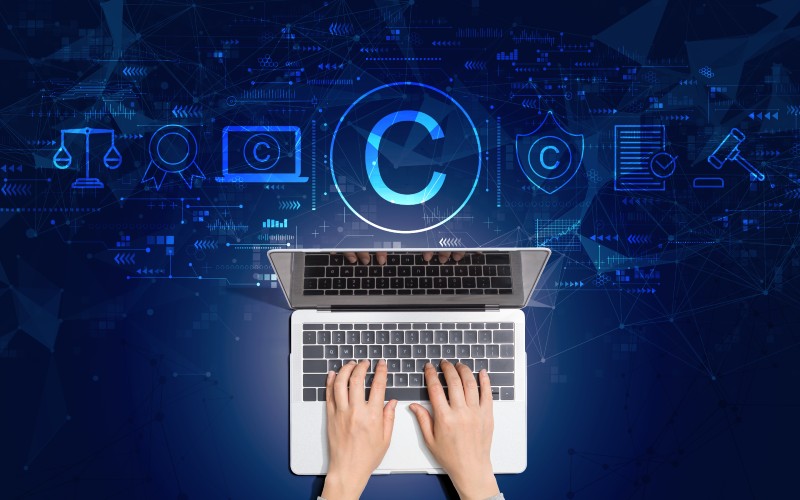

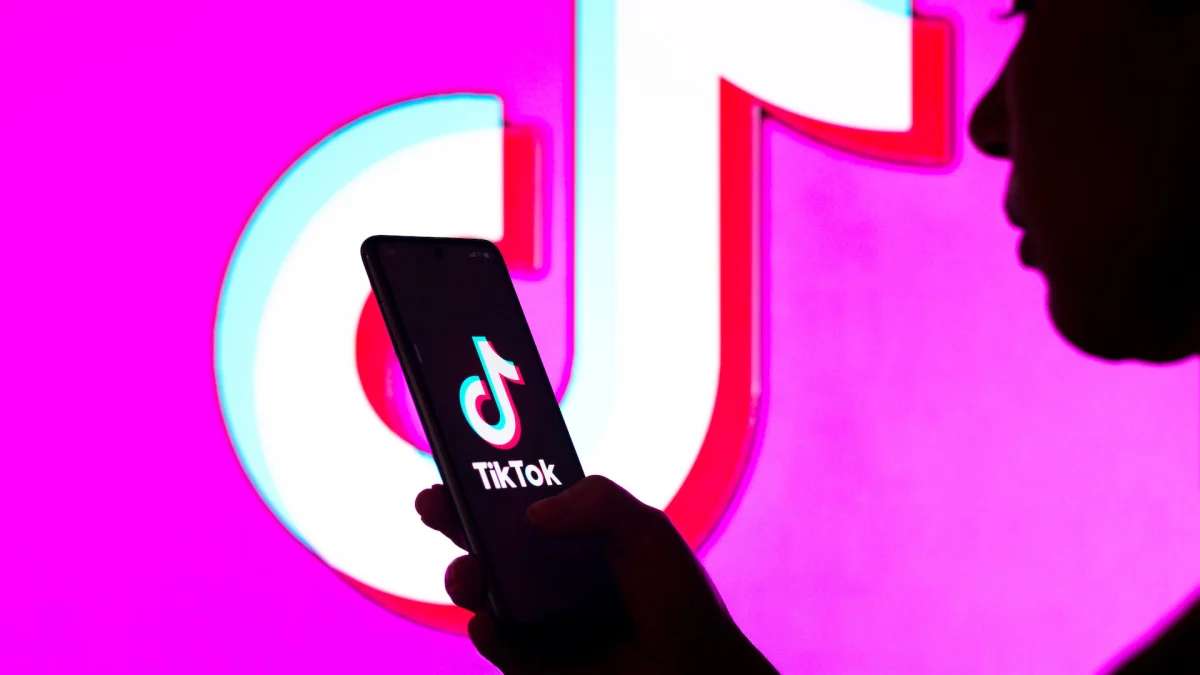





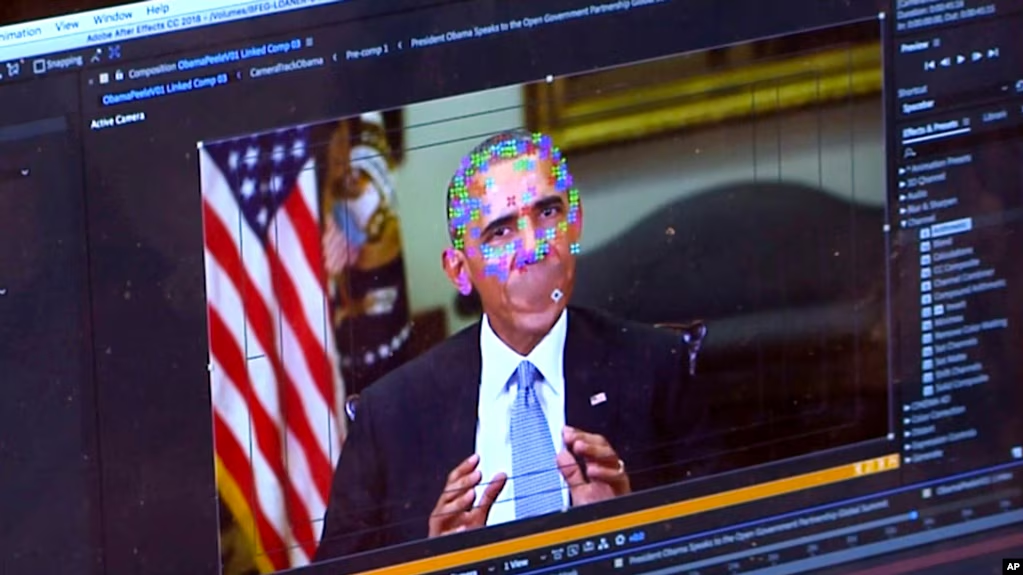
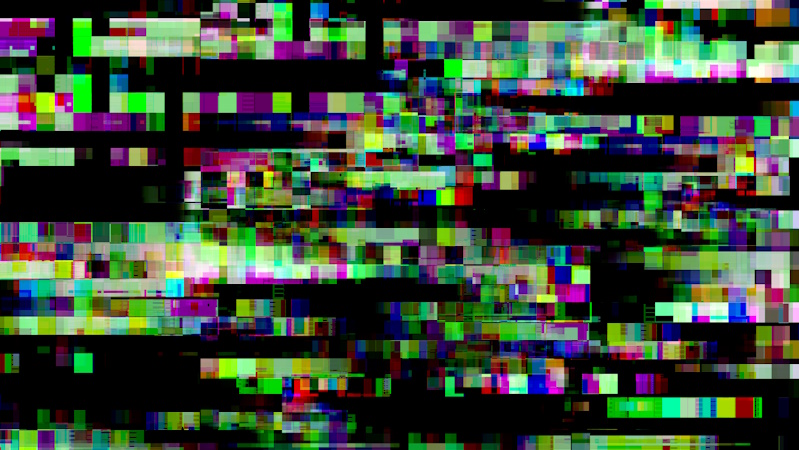
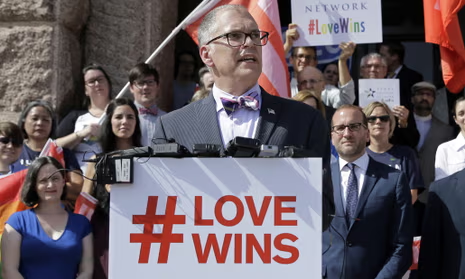

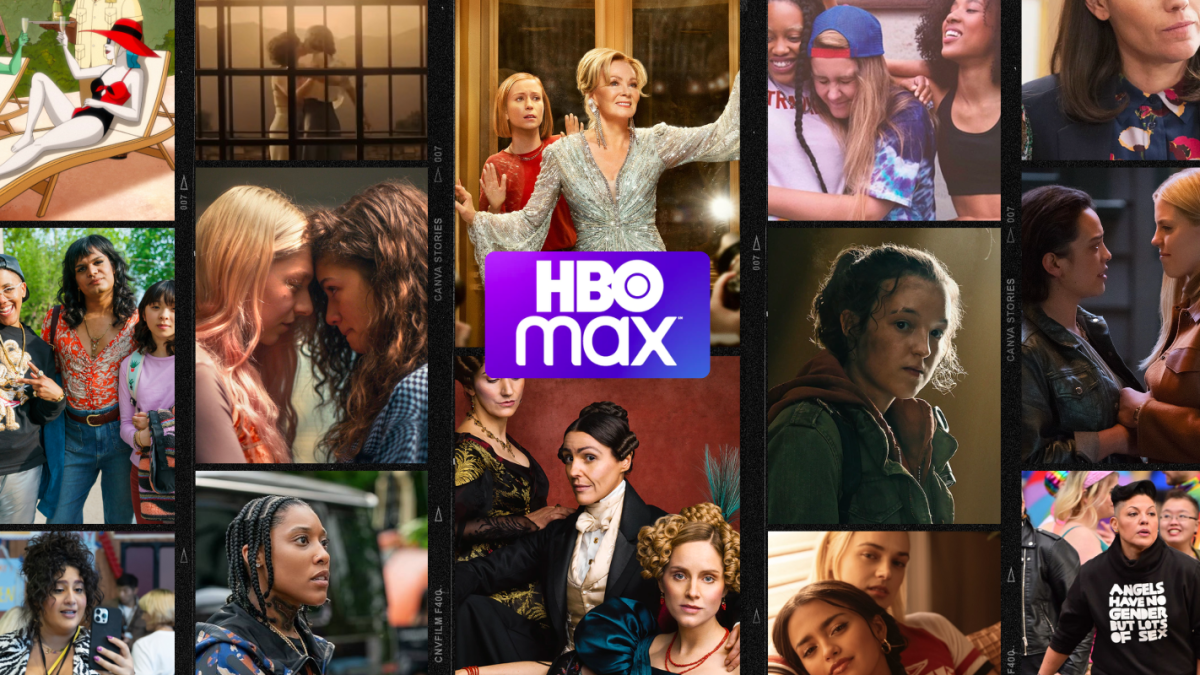

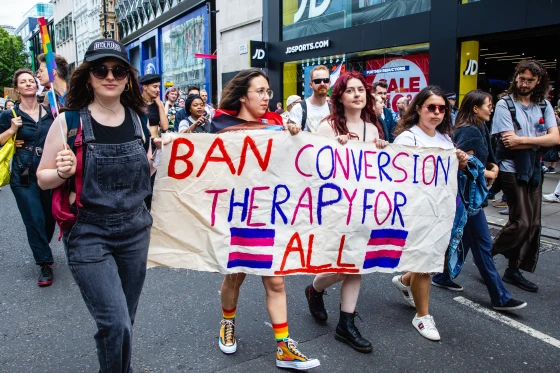




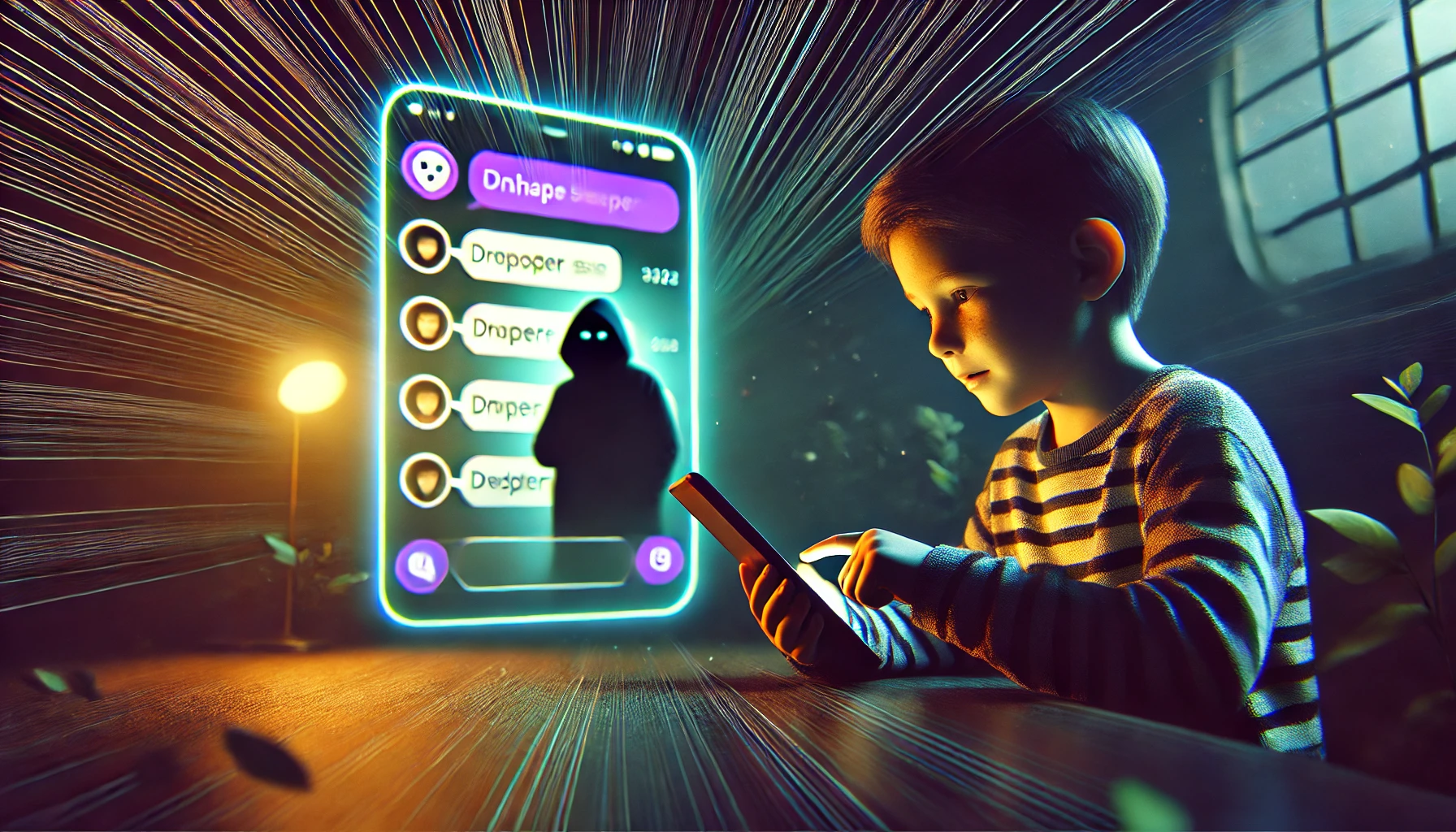
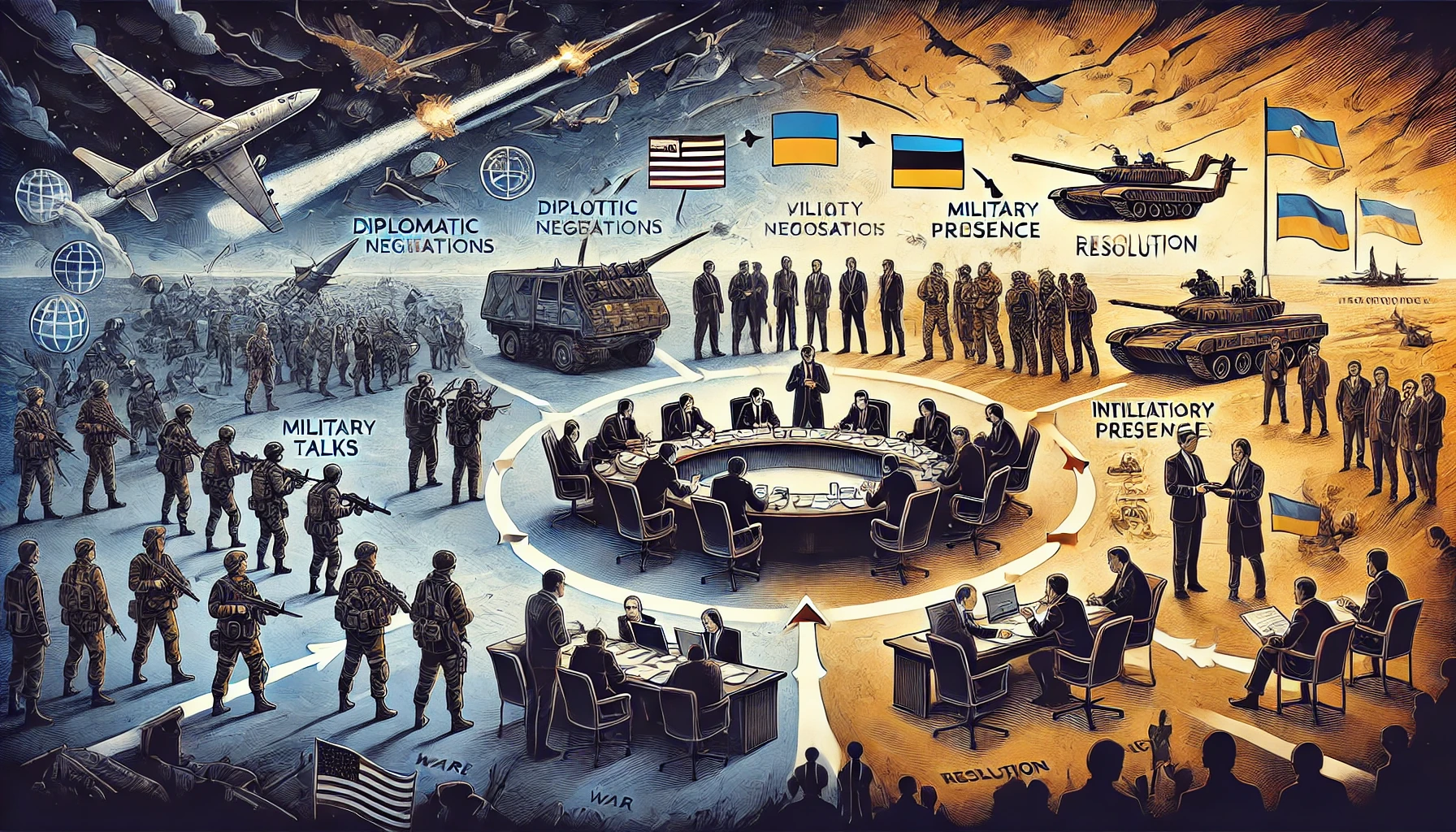
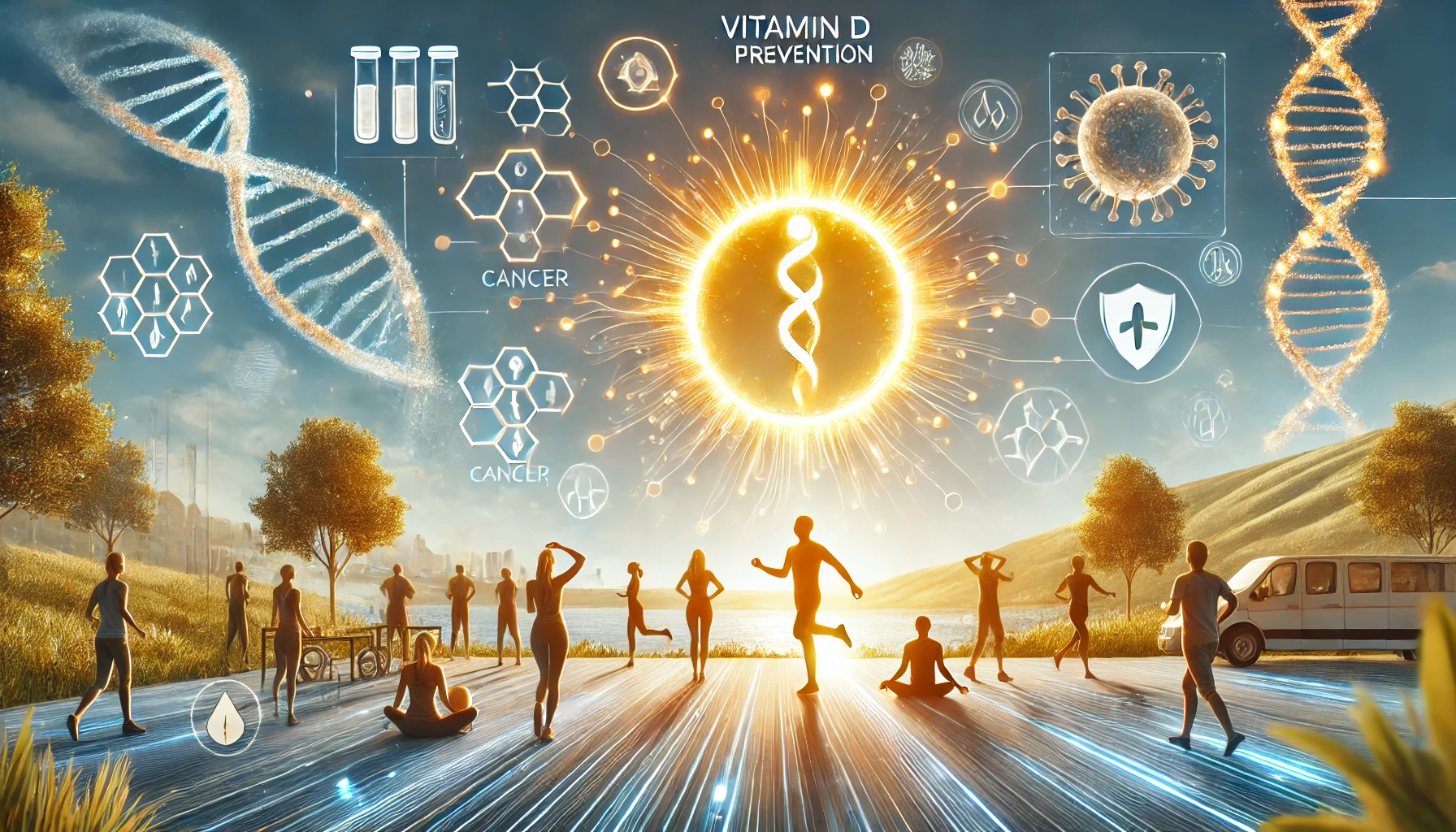
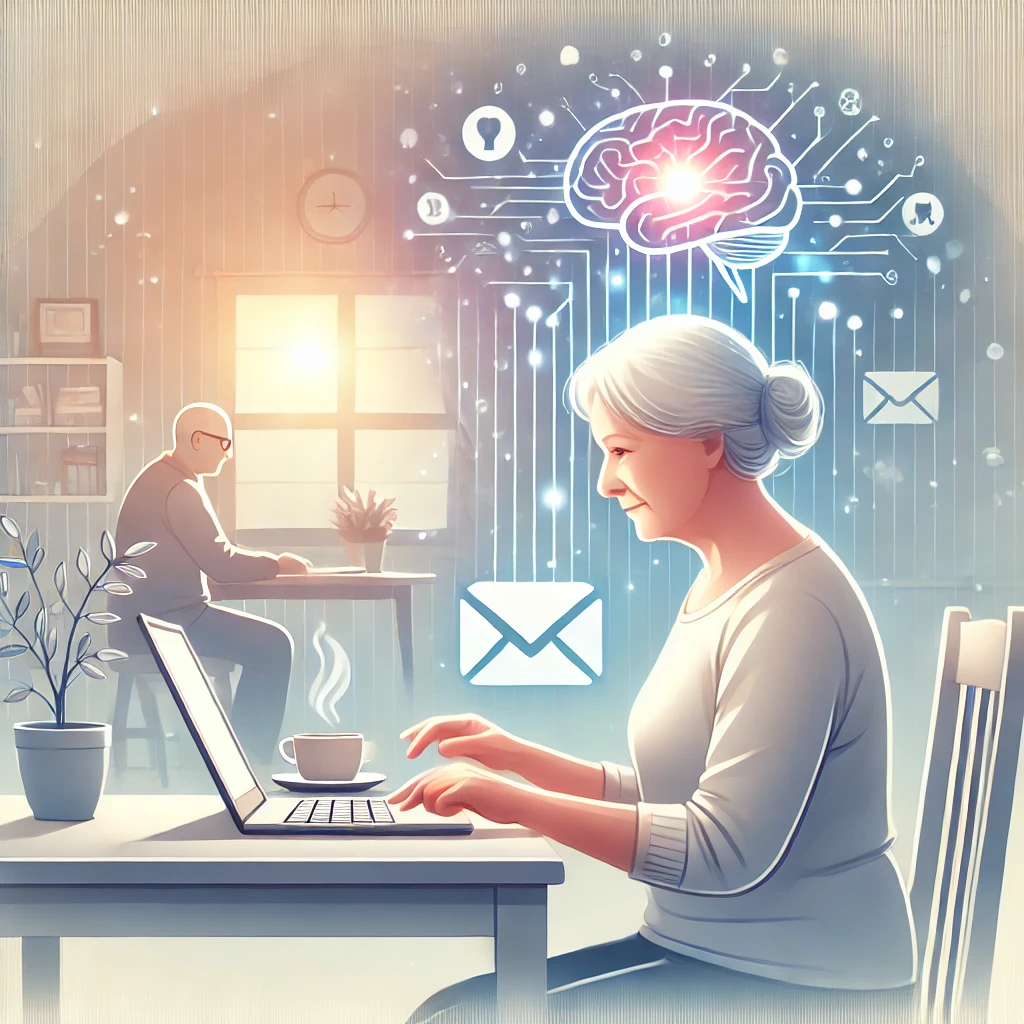
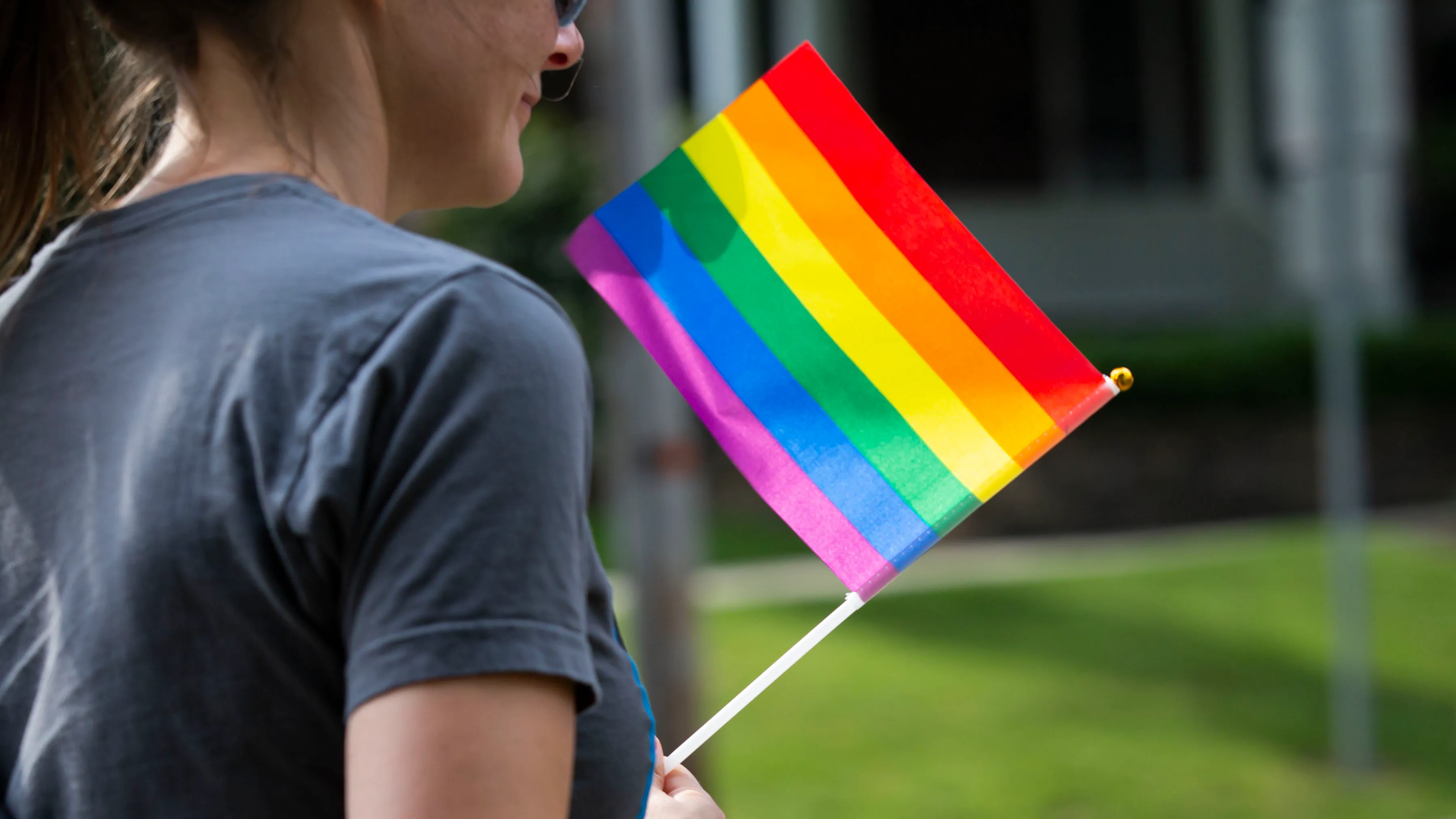
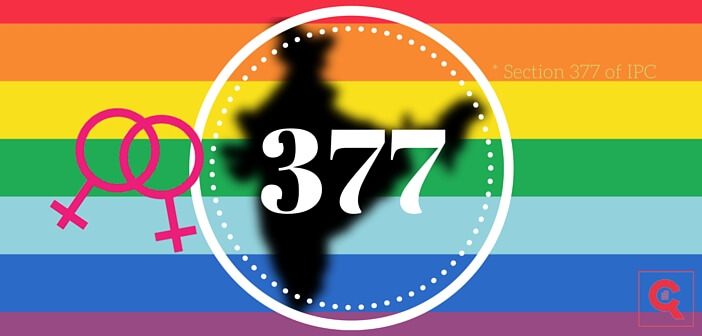
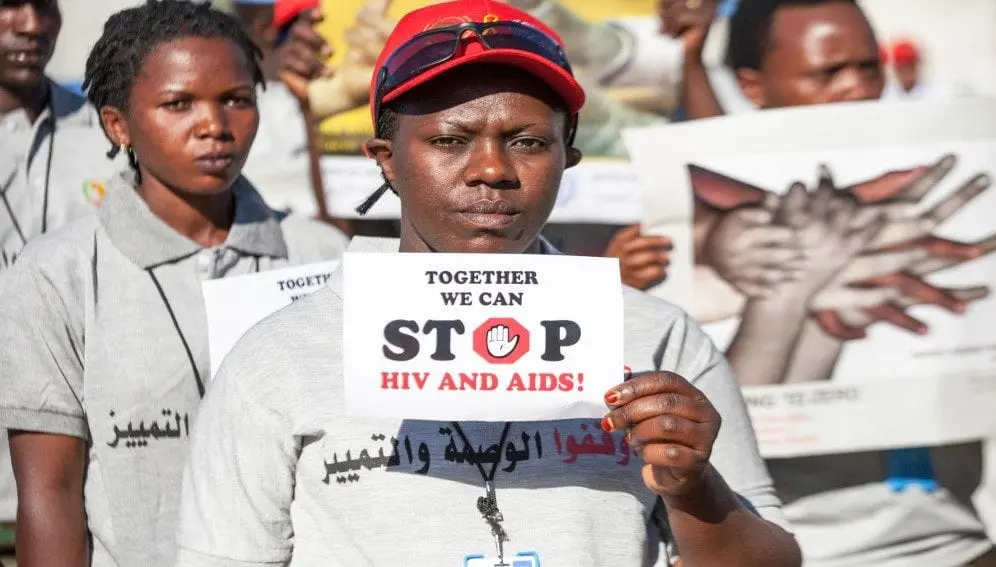
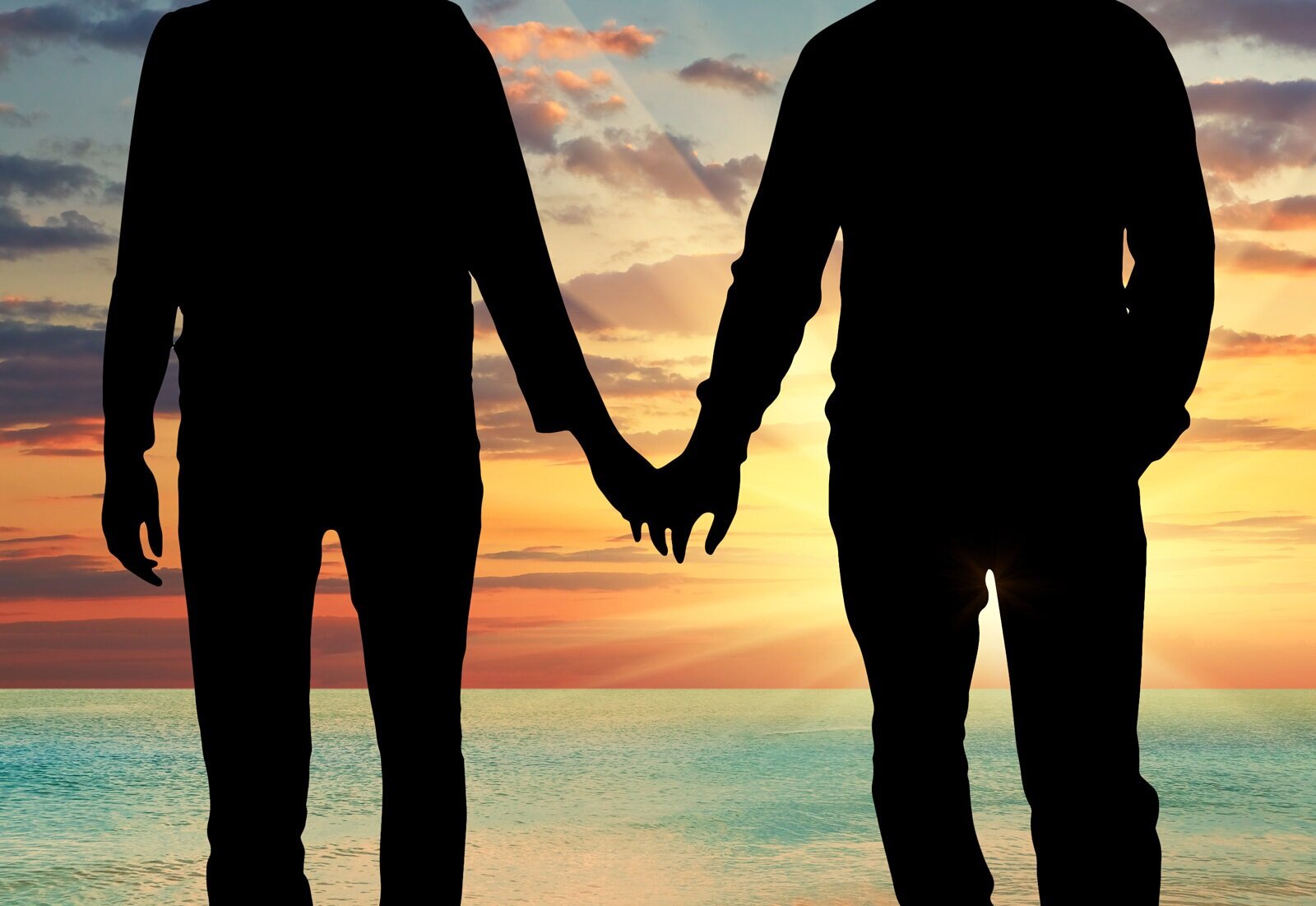

0 Comments